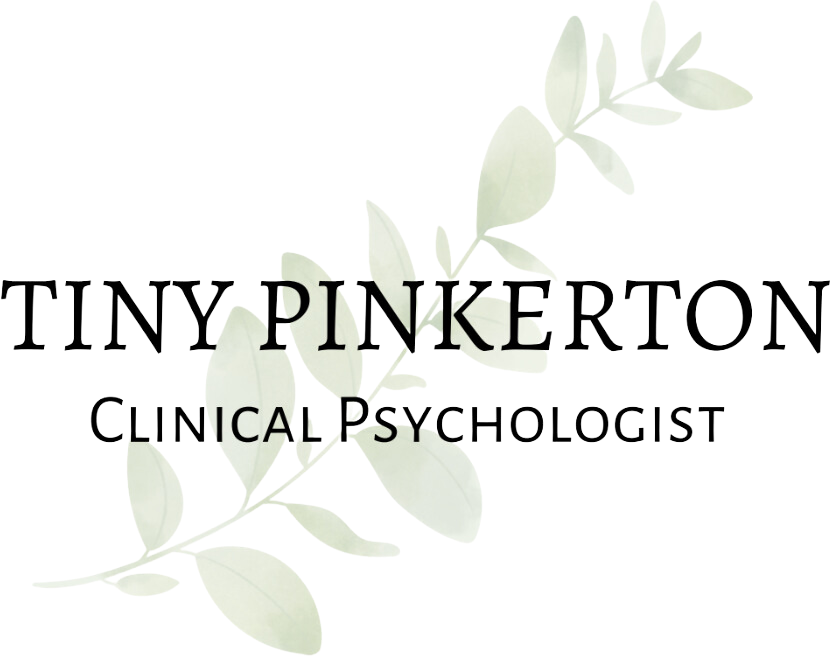Cognitive Behaviour Therapy (CBT)
Cognitive Behavioural Therapy (CBT) is a widely recognised, evidence-based psychological approach aimed at improving mental health by identifying and addressing unhelpful thoughts and behaviours. CBT is effective for a variety of mental health conditions, including anxiety, depression, phobias, and trauma-related disorders.

About Cognitive Behaviour Therapy (CBT)
CBT focuses on the connection between thoughts, emotions, and behaviours. It operates on the principle that negative or distorted thinking can contribute to emotional distress and maladaptive behaviours. By identifying these thought patterns and replacing them with more constructive ones, individuals can achieve significant improvements in their emotional well-being and day-to-day functioning.
A typical CBT session involves collaborative work between the therapist and the client to set goals, examine thought patterns, and practice new skills. Techniques such as cognitive restructuring, behavioural experiments, and problem-solving are commonly used. Sessions are often structured and goal-oriented, with a focus on equipping individuals with practical tools they can use beyond therapy. CBT is highly adaptable and can be delivered in various formats, including individual therapy, group sessions, and even online platforms.
Additional reading
-
Australian Psychological Society (APS)
Provides an overview of CBT, its applications, and effectiveness.
-
Healthdirect Australia
Offers insights into how CBT works, what it involves, and its benefits.
"Don’t be satisfied with stories, how things have gone with others. Unfold your own myth."
- Rumi
